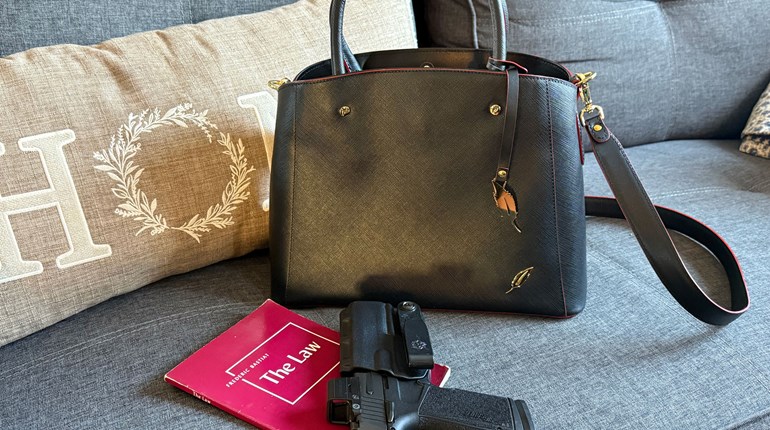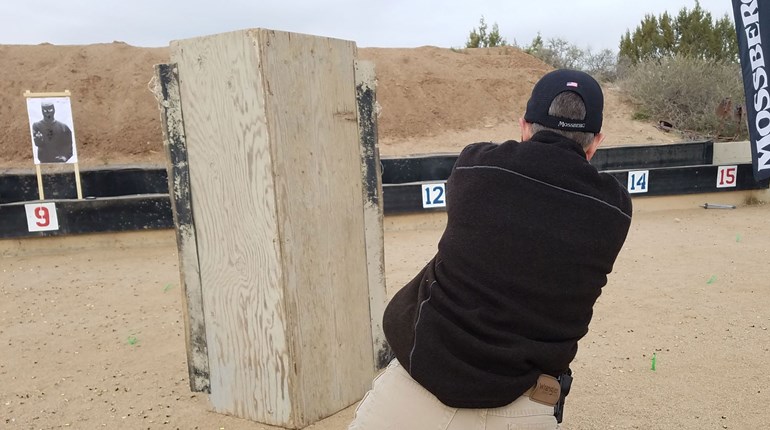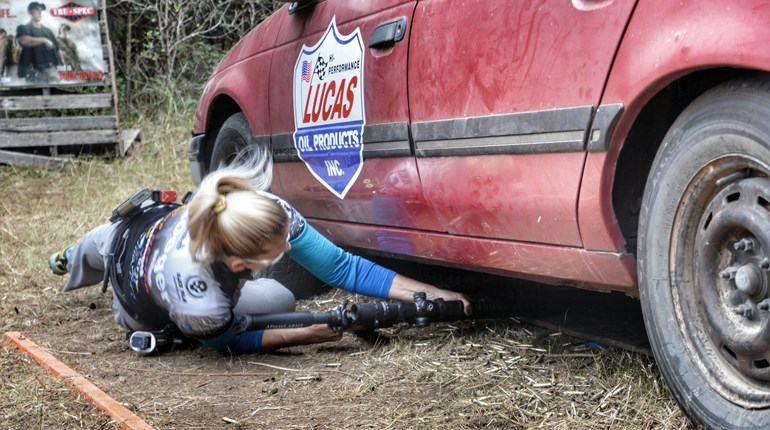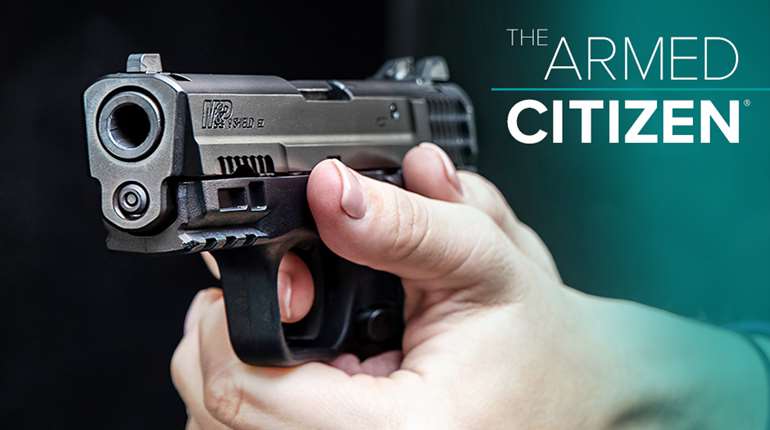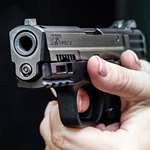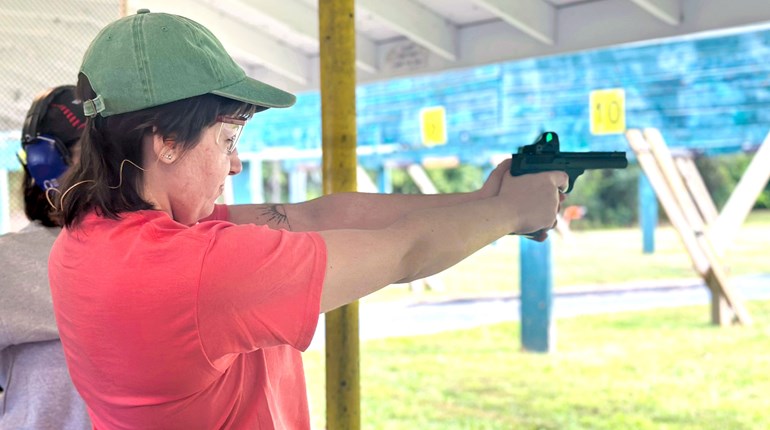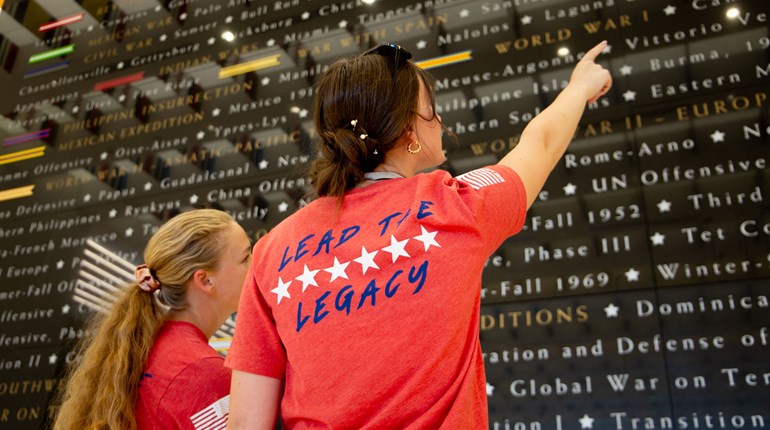
If you've been searching for a firearm instructor, you've probably discovered that most of the information available tends to focus on the instructor, his or her credentials, perhaps location, materials covered—but not much focus on you. Before you sign up for a class, consider the value of understanding what type of learner you are. Understanding how you learn can help you find the best firearm instructor for you.
Learning types are generally put into four categories: visual, auditory, reading/writing and kinesthetic. I described in detail each of these learning types in a previous article.
Another key ingredient to understanding how you learn is your openness to learning. This compenent is valuable for instructors, teachers, parents and students, especially if you fit the pattern of “conscientious objector,” as described in this article about teaching athletes.
Years ago I came across an analogy that applies to people of all ages across all spectrums of learning: “Learning can only happen when a child is interested. If he’s not interested, it’s like throwing marshmallows at his head and calling it eating.” —Katrina Gutleben
So being open to learning, and at least trying to be interested is important. Without interest, a person will just hear words. It’s why good teachers matter! It’s why engaged students matter! Learning is more of a relationship than a one-way passage of information.
How you approach being instructed is part of a symbiotic relationship with the way that someone approaches instructing. Recognizing that something as simple as learning the correct way to hold a firearm requires human social interaction that you might or might not recognize as integral, and how that interaction happens can determine how well you learn/teach.
Athletic Skill Development
There are 3 common stages to the process of developing an athletic skill:
Cognitive: We understand and learn the basic information we need to complete a task.
Associative: We put what we learn together and begin to develop habits and patterns.
Autonomous: We practice enough that the skill becomes automatic. We don’t have to consciously think about how to do something; it’s now muscle memory.
Mastering an Athletic Skill
Mastering an athletic skill, and sometimes just complex motor skills, takes practice. There are interesting takes on “technically perfect” and whether that should or should not be your goal. But a great take on mastering a skill is one that discusses seven skill steps to master sports skills. The culmination of these seven steps is to be able to “perform a skill very well, at speed, under fatigue and under pressure consistently in competition conditions.” The mental and physical work it takes to get there will vary, depending on the sport. But knowing that you don’t just become great at doing something without progression and learning is the starting point from which great athletes step off. These athletes understand that progression and work are the keys to success, not luck. And if you are engaged in shooting sports or learning skills with a firearm for personal protection, luck isn’t your goal.
When looking for instructor/class-centered training, consider:
Safety: Is this a good fit for my skill level?
Reviews by Others I Know: Do they think it’s worthwhile?
Instructor’s Credentials: Are the sufficient for safety and to teach me what I am looking for?
Range facility: What limitations that would put on the class/material taught?
Cost vs. Time/Rounds: Is this a good value?
Rounds Fired: Does the timeline fit the round count?
When looking for instruction focused on your learning style, consider:
Safety: Can I complete the skills in this class safely? Will I be comfortable with others in this class?
Reviews by Others I Know: Do they learn like I do? Did they like how the material was taught?
Instructor’s Credentials: What methods of instruction do they use? Can I see photos or videos of their classes?
Range facility and limitations : Is the range going to allow me to see and hear the way I need to? Does the classroom time seem sufficient? Will we be able to take notes? Will there be one-on-one time?
Cost vs. Time/Rounds: How many skills can I expect to learn? Are they at the level I need? Do others in the class have a similar skill level to me? (Will I be held back because of them? Will I hold others back and get ignored or receive less instruction as a result?)
Rounds Fired: Will we have enough time on the range to work through learning each skill?












